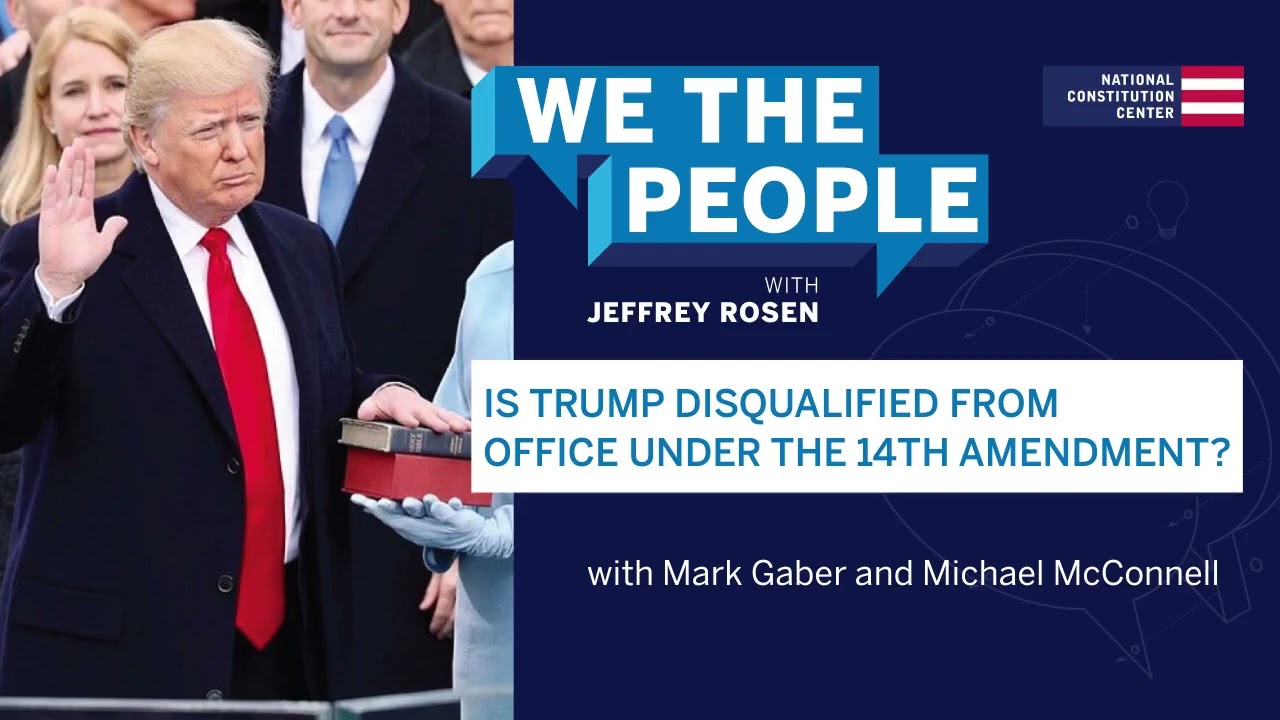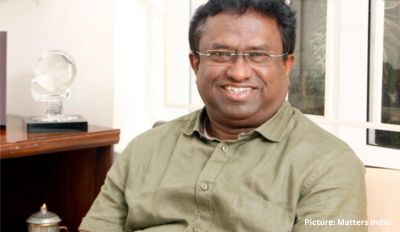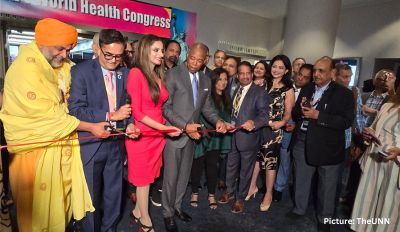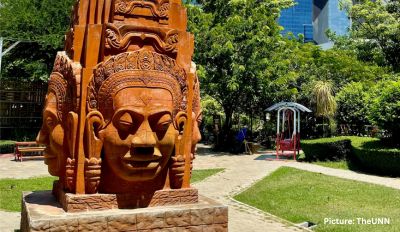Efforts to prevent former President Donald Trump from appearing on the 2024 ballot under the 14th Amendment are gaining momentum, but they are met with resistance from election officials and legal scholars who express concerns about the anti-democratic nature of such actions.
Two conservative members of the Federalist Society recently supported the idea that Trump could be disqualified, leading to two substantial challenges to his eligibility. In Colorado, the watchdog group Citizens for Responsibility and Ethics (CREW) filed a lawsuit on behalf of six Republican and unaffiliated voters in state court. Meanwhile, in Minnesota, the organization Free Speech for People initiated a legal challenge on behalf of a group of voters in the state’s Supreme Court. Both lawsuits argue that Trump would be ineligible to hold federal office again under Section 3 of the 14th Amendment.
Section 3 of the 14th Amendment states that a candidate can be disqualified if they “engaged in insurrection or rebellion against” the United States or provided “aid or comfort to the enemies thereof,” unless granted amnesty by a two-thirds vote of Congress. Trump has vigorously opposed these efforts, labeling them as “election interference” and asserting his innocence.
Despite mounting challenges in various states like Michigan, Virginia, and Connecticut, where secretaries of state are urged to remove Trump from the ballots, New Hampshire Secretary of State David Scanlan, a Republican, emphasized that he lacks the legal authority to do so. He stated, “There is nothing in our state statute that gives the secretary of state discretion in entertaining qualification issues.”
 Several Republican officials, including Georgia Secretary of State Brad Raffensperger and Gabriel Sterling, have also spoken out against disqualifying candidates through partisan actions. Raffensperger, who faced pressure from Trump during the 2020 election, warned against using the 14th Amendment as a means to bypass the ballot box. Sterling stressed the importance of trusting the voters and the potential danger of setting a precedent by interpreting the Constitution in a way that removes candidates.
Several Republican officials, including Georgia Secretary of State Brad Raffensperger and Gabriel Sterling, have also spoken out against disqualifying candidates through partisan actions. Raffensperger, who faced pressure from Trump during the 2020 election, warned against using the 14th Amendment as a means to bypass the ballot box. Sterling stressed the importance of trusting the voters and the potential danger of setting a precedent by interpreting the Constitution in a way that removes candidates.
Michigan’s Secretary of State Jocelyn Benson echoed this sentiment, writing in an op-ed for the Washington Post that the decision on Trump’s eligibility ultimately rests with the courts. She emphasized that, unless a court rules otherwise, Trump will be on the Republican presidential primary ballot in Michigan in 2024.
The interpretation of the term ‘insurrection’ is a central issue in these debates. While Section 3 of the 14th Amendment was originally used to disqualify individuals who held roles in the Confederacy after the Civil War, some legal scholars question whether the events of January 6, when a mob of Trump supporters attacked the Capitol, constitute an insurrection within the constitutional definition.
Gerard Magliocca, an expert on the 14th Amendment from Indiana University, raised questions about whether the Capitol attack equates to the scale of the South’s armed rebellion. He also noted that because Trump has never been criminally charged for inciting insurrection or rebellion, some opponents argue that this weakens any case for disqualification under the 14th Amendment.
Michael McConnell, a professor at Stanford Law School, emphasized that interpreting the term “engage” in the context of insurrection might require more than mere verbal support. He pointed out that Trump was not physically present at the Capitol when the violence occurred and that his speech alone might not be sufficient evidence of direct involvement.
Gabriel Sterling, the Georgia elections official, anticipates that courts would consider the absence of a criminal conviction as a significant reason against disqualification. He explained that if someone were convicted of insurrection, that would be a different scenario, but it does not apply to Trump’s case.
On the contrary, McConnell argued that Trump’s ineligibility under the 14th Amendment does not necessarily hinge on a criminal conviction for insurrection. He stated that it is not a requirement for Section 3 to apply, citing historical examples where individuals were disqualified after the Civil War without criminal charges or convictions.
Efforts to disqualify Donald Trump from the 2024 ballot under the 14th Amendment are gaining traction in various states, but they face opposition from election officials and legal scholars who raise concerns about the interpretation of the term ‘insurrection’ and the potential precedent-setting nature of such actions. The debate over Trump’s eligibility is likely to continue in the courts, with the ultimate decision resting on legal interpretations and judgments. Efforts to prevent former President Donald Trump from appearing on the 2024 ballot under the 14th Amendment are gaining momentum, but they are met with resistance from election officials and legal scholars who express concerns about the anti-democratic nature of such actions.
Concerns Surrounding Trump’s Ballot Access
Efforts to bar Donald Trump from running in state primaries face substantial practical hurdles, including potential countersuits and unsympathetic courts. Even if these efforts were to reach the U.S. Supreme Court, success is far from guaranteed. Moreover, it’s essential to recognize that the ongoing challenges pertain to Trump’s participation in primary elections, which are distinct from the actual presidential election. Primaries determine the nominees for the Democratic and Republican parties, not the president.
Professor McConnell from Stanford University highlights the complexity of this issue, stating, “Even if a state like Colorado were to prevent Donald Trump from participating in the primary election for the presidency, there is no mechanism to prevent the Republican National Convention from nominating him as their candidate. So, even if these groups were to succeed legally, it remains unclear what tangible impact it would have.”
He also underscores the speculative nature of these actions, emphasizing that the high degree of confidence exhibited by some individuals is unwarranted. This situation presents a unique challenge, with historical precedents dating back over a century, leaving many uncertainties. In essence, we find ourselves navigating uncharted territory in the realm of election law.
\While concerns about Trump’s participation in primary elections persist, it’s crucial to remain cognizant of the practical obstacles that lie ahead. These efforts are met with legal complexities, and their ultimate impact remains uncertain in the broader context of American presidential elections.











